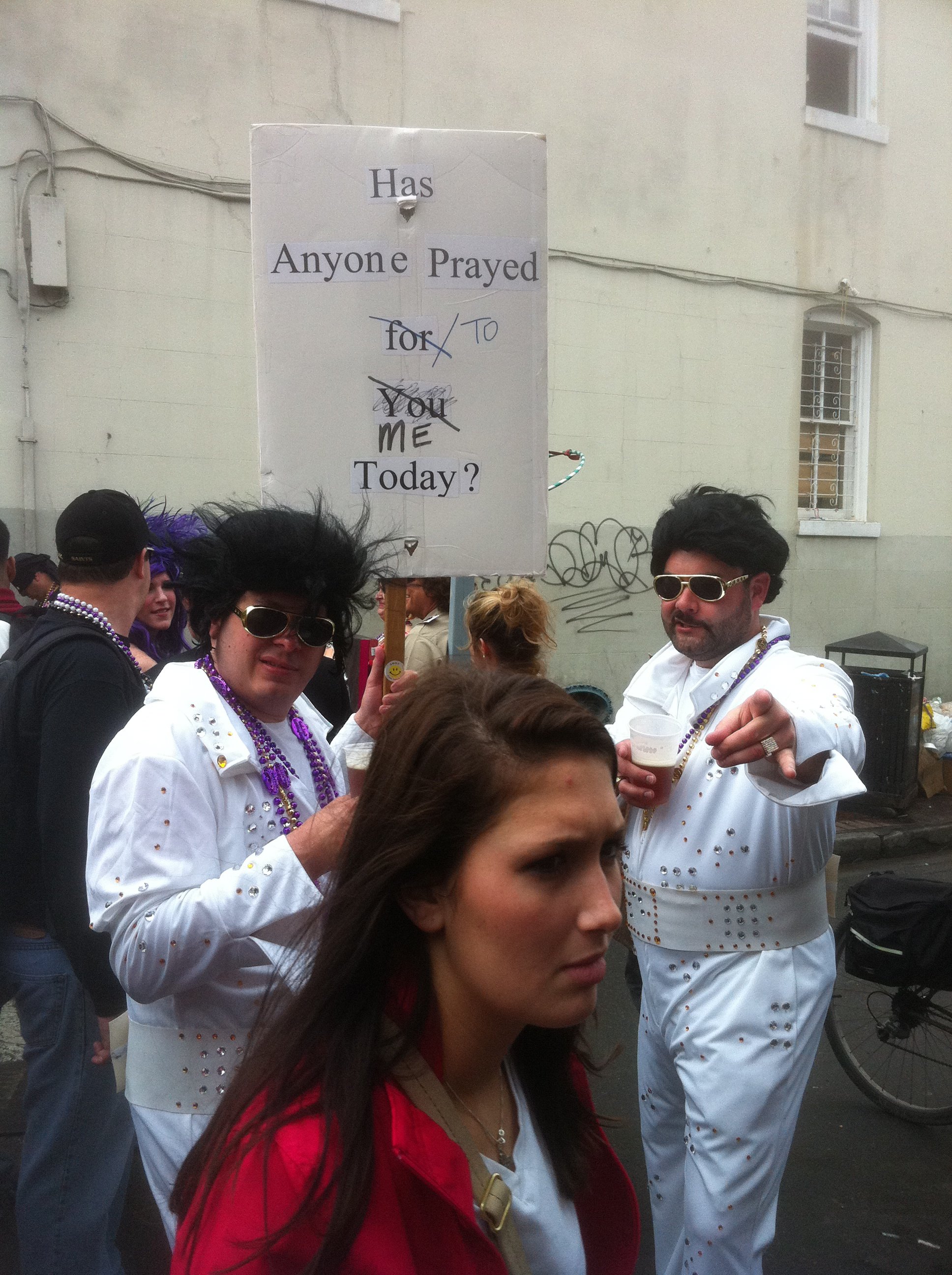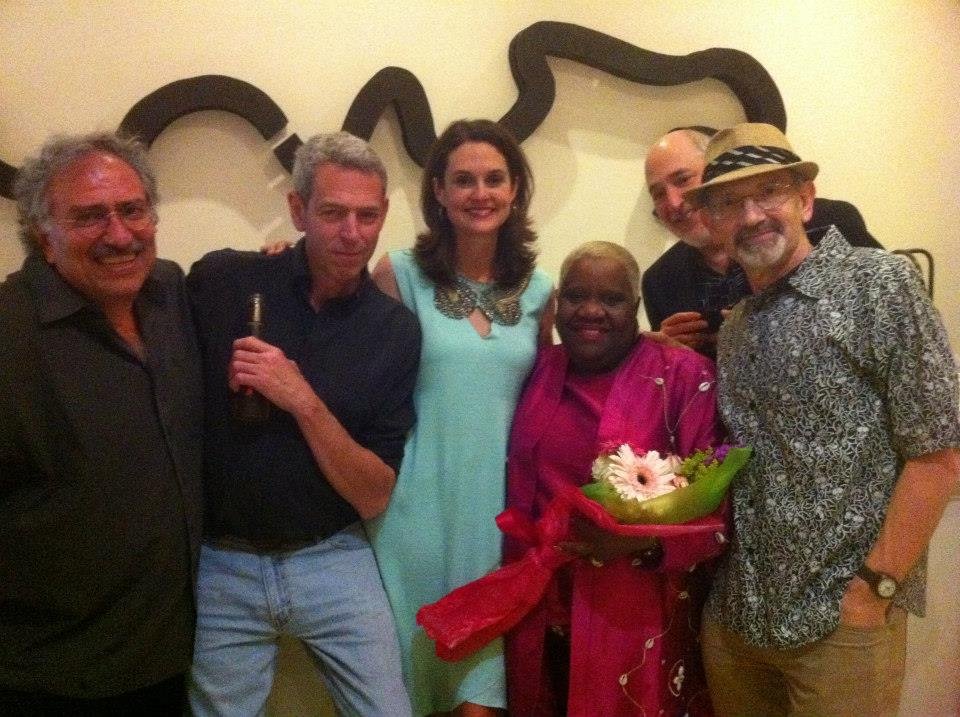Getting Back to Abnormal (2013)
“They say that a mixture of every nation is to be found in New Orleans. But in the midst of this confusion, what race should dominate and give direction to the rest?”
-Alexis de Toqueville, 1832
Getting Back to Abnormal is an intimate look at race, politics and culture in post-Katrina New Orleans. In its freewheeling tale of exhilaration and dysfunction, it’s a reminder of how little has changed in the Crescent City since Lafcadio Hearrn wrote in 1883: “The city is buried under fraud and maladministration, but it is better to live here in sackcloth and ashes than to own the whole state of Ohio.”
The city’s long history of complicated racial dynamics and colorful politics gets a new lease on life when Stacy Head, a polarizing and outspoken white woman, wins a seat on the city council after the storm. Four years later, she needs to increase her black support to be re-elected. The film follows the unlikely couple of Head and her irrepressible black political advisor, Barbara Lacen-Keller, a community legend in her own right, as they try to navigate New Orleans’ treacherous political minefields. It’s a provocative and amusing take on the city where we got our filmmaking starts – and it features wry commentary from black talk WBOK radio hosts Paul Beaulieu and John Slade, Treme creator David Simon, then former councilman Oliver Thomas, historian Raphael Cassimere, parade chronicler Deborah Cotton, attorney Buddy Lemann and others.
Premiered at SXSW 2013, the film screened at Lincoln Center’s Art of the Real series, the Havana International Film Festival, the Bergen (Norway) International Film Festival, and the Hot Springs Documentary Festival, where it won the Audience Award. The Los Angeles Times described it as “poetry… every frame is full of life,” the New Orleans Advocate called it “raucous and brilliant,” the Boston Globe said it “embodies all the drama of living in post-racial America,” the Austin American Statesman wrote “an entertaining portrayal of New Orleans in all its glorious dysfunction,” the Washington Post called it “a fabulous introduction to N’awlins-style politics,” and the National Journal called it “a film unlike any you have ever seen before.” Funding from ITVS, the National Endowment for the Arts, and the Louisiana Endowment for the Humanities.
National broadcast on PBS’s POV series, July 2014.
Produced & Directed by Louis Alvarez, Andy Kolker, Peter Odabashian & Paul Stekler
Associate Producer Rebecca Snedeker
Getting Back to Abnormal: Filmmaker Interview
A History of Documentary Film in New Orleans





















































